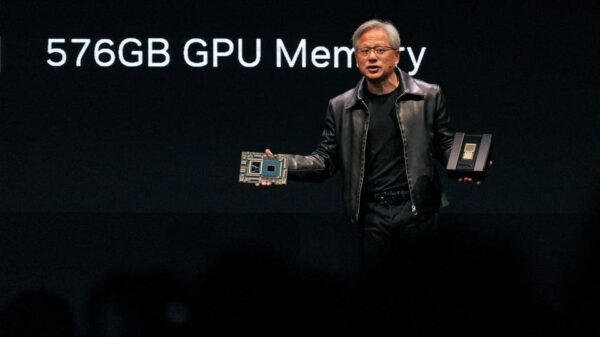UPDATE: Synology has just launched its highly anticipated BeeStation Plus, a network-attached storage (NAS) device designed for ease of use and affordability. However, a troubling shift in Synology’s policies raises urgent questions about consumer trust in the brand.
The BeeStation Plus has quickly gained attention for its user-friendly interface, dubbed BeeStation Manager (BSM), which simplifies setup and operation. This model caters to newcomers and those seeking basic storage solutions, allowing users to get started in mere moments. Yet, beneath this innovative exterior lies a significant concern: Synology’s recent restrictions on third-party storage drives are alarming many potential buyers.
Earlier this year, Synology enacted a controversial policy that limited full storage functionality to branded drives, excluding popular brands like Seagate and Western Digital. This drastic change means essential features, such as storage pooling and health diagnostics, are only available when using Synology’s own drives. The backlash was immediate, with many in the NAS community fearing that the company was prioritizing profit over user needs.
Despite Synology’s recent decision to roll back some of these restrictions for its 2025 models, doubts linger. Customers are concerned that future policy changes could further limit their choices and complicate long-term maintenance. As NAS devices are a considerable investment, this erosion of trust may deter both new and returning customers from relying on Synology for their storage infrastructure.
The BeeStation Plus, which supports seamless video hardware transcoding for media applications like Plex, stands in stark contrast to Synology’s other models, including the DiskStation DS925+. Users of the DS925+ find themselves unable to utilize hardware acceleration for transcoding, a feature that has become increasingly critical in the home entertainment landscape. Meanwhile, the BeeStation Plus excels in its straightforward approach, making it an attractive option for those transitioning from cloud storage services.
In an era where consumers are looking for reliable and adaptable storage solutions, Synology’s latest NAS offerings must address these concerns head-on. The company has historically been viewed as a leader in the NAS market, often likened to Apple for its commitment to quality and user experience. However, recent policy shifts could jeopardize this reputation, and Synology must navigate these changes carefully to regain customer confidence.
As the tech community anticipates the upcoming holiday season and CES 2026, all eyes will be on Synology. Will the company prioritize a consumer-first approach, or will it continue to impose limitations that could alienate its user base? The future of Synology’s market position hangs in the balance, and the impact of these decisions is likely to resonate with consumers for years to come.
Stay tuned for more updates as this developing story unfolds.





































































